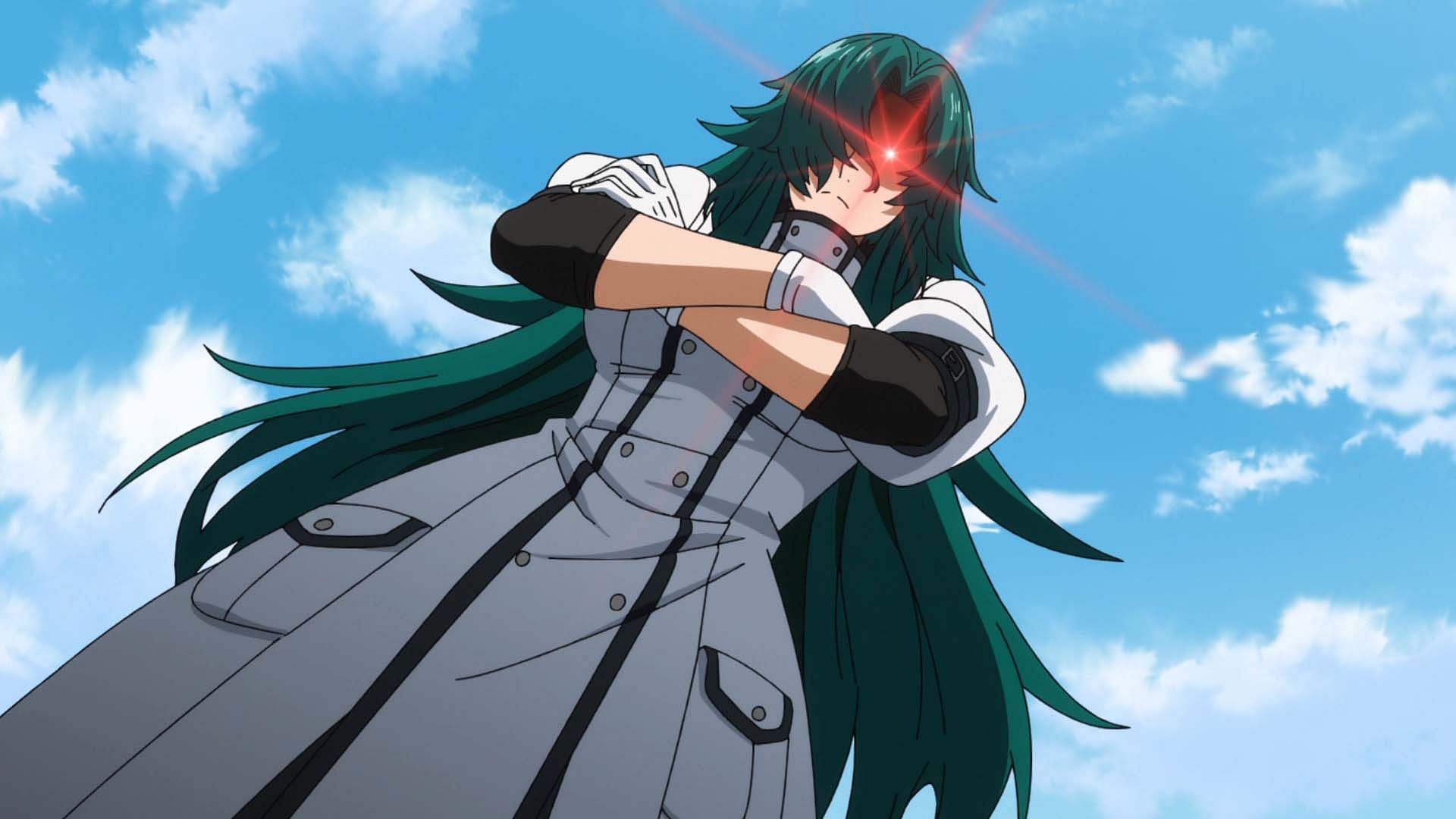We’ve all been there—a friend, family member, or even a stranger asks for a little bit of help. We’re happy to oblige, especially if it’s something we’re good at. But what happens when that help becomes an expectation? When the line between generosity and obligation becomes blurred? This is a common dilemma many healers face, and Episode 13 of “The Wrong Way to Use Healing Magic” delves into the complexities of setting boundaries with those who seek our healing abilities.

Image: www.sportskeeda.com
In this episode, we meet a young healer named Willow who is struggling to manage the demands of her ever-growing clientele. She started out helping her friends and family, but word quickly spread about her gift, and suddenly, she was fielding requests from strangers who saw her as a cure-all for their problems. Willow, being compassionate and wanting to help, found herself overextending and neglecting her own well-being.
Setting Healthy Boundaries: A Crucial Skill for Healers
This is a classic example of what can happen when healers aren’t diligent about setting healthy boundaries. The line between caring and overstepping can become dangerously thin, and it’s crucial for healers of any discipline to understand the importance of self-protection and self-care.
Setting boundaries isn’t about being selfish; it’s about respecting both your needs and the needs of those you wish to help. When boundaries are established, it allows for healthy, reciprocal relationships to flourish. It allows healers to dedicate their energy to those they truly can help and prevent them from being overwhelmed by unrealistic expectations.
Healers are often seen as beacons of light, individuals with a special connection to something greater. It’s easy to fall into the trap of believing that you are always obligated to help, even when doing so means compromising your own well-being. But the truth is, you can’t truly help others if you aren’t taking care of yourself first.
The Impact of Unclear Boundaries on the Healer and the Healee
When healers fail to set firm boundaries, it can have negative consequences on both their health and the quality of their relationships. Overexerting themselves and giving more than they can manage can lead to burnout, resentment, and even emotional exhaustion. This, in turn, impacts their ability to effectively heal themselves and others.
Moreover, when healers are constantly being pulled in different directions, they may feel resentful towards those who seem to be demanding their time and energy. This resentment can manifest in subtle ways, potentially compromising the healing process and making it challenging for both the healer and the healee to truly connect and benefit from the energetic exchange.
For the healee, having their needs met without creating a healthy balance can lead to a feeling of entitlement. It can also create a dangerous codependency, where the healee becomes overly reliant on the healer for support, potentially hindering their own internal healing process.
In episode 13, Willow learns that setting boundaries doesn’t mean saying “no” to everyone who asks for her help; it’s about prioritizing her own energy and choosing the individuals and situations where her healing abilities can be most effective. She learns to communicate her needs clearly and to establish limits that protect both her well-being and the integrity of her practice.
Navigating Requests for Healing: A Balanced Approach
There are a few key strategies for setting healthy boundaries as a healer, regardless of your specific discipline:
- Communicate clearly: Be upfront and honest about your availability, limitations, and the parameters of your healing practice.
- Establish limits: Don’t be afraid to decline requests that don’t align with your values or capabilities. Be selective about the cases you take on.
- Prioritize self-care: This includes setting aside time for personal growth, seeking support for your own needs, and ensuring that you have healthy boundaries in all aspects of your life.
- Respect your intuition: If you sense that someone’s motives aren’t aligned with true healing or that their expectations are unrealistic, trust your gut and politely decline their request.
Remember, setting boundaries isn’t about being mean; it’s about being self-aware and understanding what you can offer while respecting the needs of others. To be a truly effective healer, you must first learn to heal yourself.

Image: www.msn.com
FAQs on Setting Boundaries in Healing Magic
Q: What if someone takes it personally if I have to decline their request?
It’s important to remember that you can’t please everyone and that your decision to prioritize your wellbeing is a valid one. If someone becomes upset, gently but firmly reiterate your boundaries. If they continue to pressure you, it might be necessary to distance yourself from them.
Q: How can I communicate my boundaries in a way that is both firm and respectful?
Use “I” statements, focusing on your needs and limitations. For instance, instead of saying “You are asking too much,” try “I am currently booked and can’t take on any new clients at this time.” Be clear, concise, and avoid making excuses.
The Wrong Way To Use Healing Magic Episode 13
Q: What if I feel guilty saying no?
Guilt is often a sign of deep-seated beliefs about always needing to please others. It’s important to reframe your thinking and understand that taking care of your own needs is a act of self-love and allows you to be a more effective healer.
The message at the heart of “The Wrong Way to Use Healing Magic” is that helping others shouldn’t come at the cost of your own well-being. By setting clear boundaries and prioritizing self-care, healers can create a sustainable practice that benefits both themselves and those they choose to serve.
Do you resonate with this message about boundaries in healing magic? I would love to hear your thoughts in the comments below!






